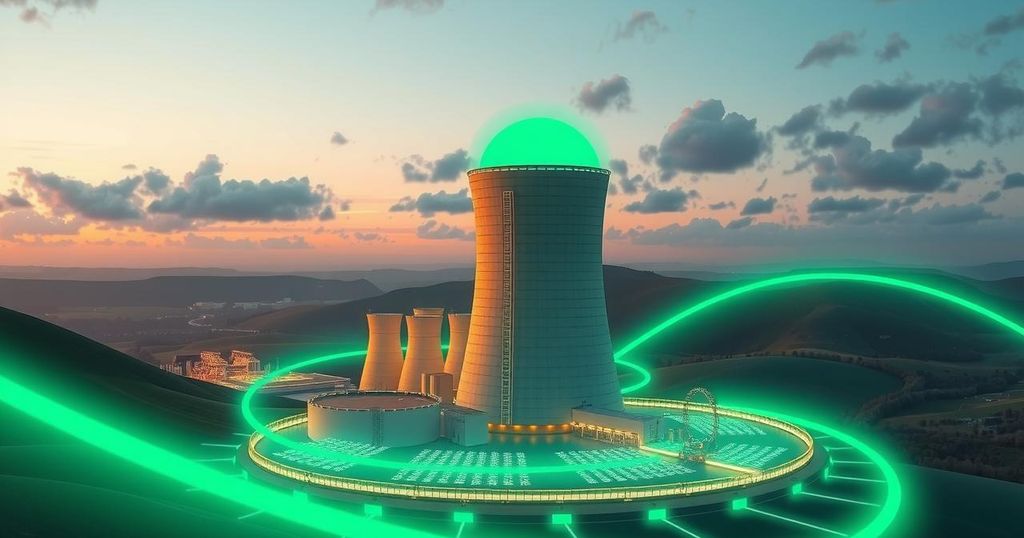Iran claims its nuclear program’s progress is fully transparent, emphasizing self-reliance and independent research. Mohammad Eslami highlights the broader implications of nuclear technology for scientific advancement and economic development. He challenges the perception of Iran’s nuclear intentions, responding to international skepticism, and underscores the significance of IAEA’s mandate in facilitating equitable access to nuclear technology for all countries.
In a recent interview, Mohammad Eslami articulated Iran’s advancements in its nuclear program, expressing confidence in the country’s ability to independently utilize nuclear technology. He underscored the importance of self-sufficiency and endogenous research, stating, “We have now reached a stage in the nuclear industry where we can exploit this technology.” Eslami asserted that access to technology is hindered by regional arrogance while emphasizing that the capabilities formed through this technology serve to benefit the Iranian populace.
Eslami highlighted that financial constraints do not hinder the nuclear development initiative, as he believes it serves as a catalyst for progress in various scientific fields. He dismissed claims that Iran’s nuclear ambitions are weapons-driven, calling it a rationale employed by Western powers. Eslami detailed the diverse enrichment needs of countries and reiterated Iran’s commitment to inspections to validate its intentions.
Discussing the Iranian nuclear situation amid sanctions, Eslami referenced the recent Davos meeting, indicating the focus on new technological advancements among developed nations. He criticized the pressure from the U.S. as central to international negotiations, emphasizing that synchronizing with U.S. interests poses challenges for Iran’s technological aspirations and independence.
Eslami reiterated the obligations of the International Atomic Energy Agency (IAEA) to facilitate peaceful nuclear technology for all nations without prejudice. He condemned the political maneuvers that hinder Iran’s access to nuclear development, referencing a historical law from the U.S. that restricts operations without an accord with the U.S., which he characterized as an infringement on Iran’s rights.
Iran has been pursuing nuclear technology for various peaceful purposes, but its ambitions often face scrutiny from Western nations citing potential military applications. The geopolitical framework surrounding Iran complicates its ability to develop nuclear technology without external interference, particularly from the United States. Sanctions and international policies create barriers, leading Iran to emphasize its sovereignty in research and development in the nuclear sector. Conversations regarding advanced technology have become a focal point in international relations, highlighting the competition among nations while revealing the power dynamics that inhibit some countries. The scrutiny surrounding Iranian nuclear pursuits frequently intertwines with broader discussions about regional security and geopolitical tensions. The role of the IAEA becomes crucial in this landscape, with its mandate to promote peaceful nuclear cooperation while ensuring compliance with international laws and regulations. Tehran’s insistence on its rights to utilize nuclear technology reflects its desire to maintain independence amidst these challenges.
In conclusion, Iran asserts the transparency and independence of its nuclear program. Eslami emphasizes the nation’s technological prowess and commitment to peace while navigating immense external pressures. The interplay between geopolitics, technological advancement, and international regulations continues to characterize Iran’s nuclear narrative, underlining the complexities within which Tehran seeks to operate. The IAEA’s role is pivotal as Iran advocates for universal access to peaceful nuclear technology.
Original Source: ifpnews.com






